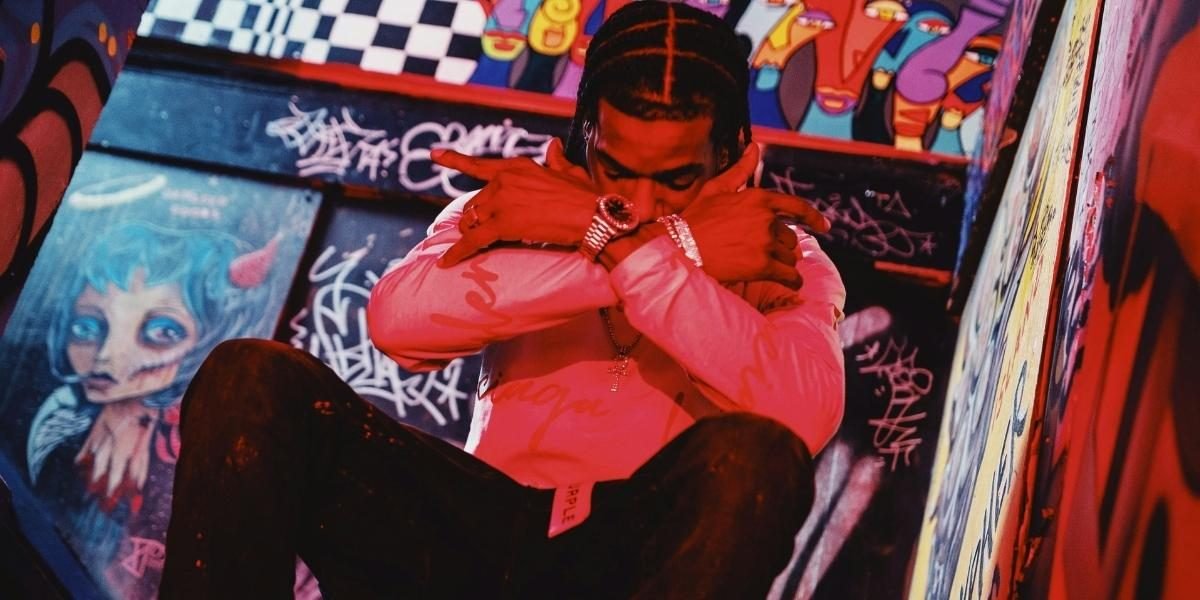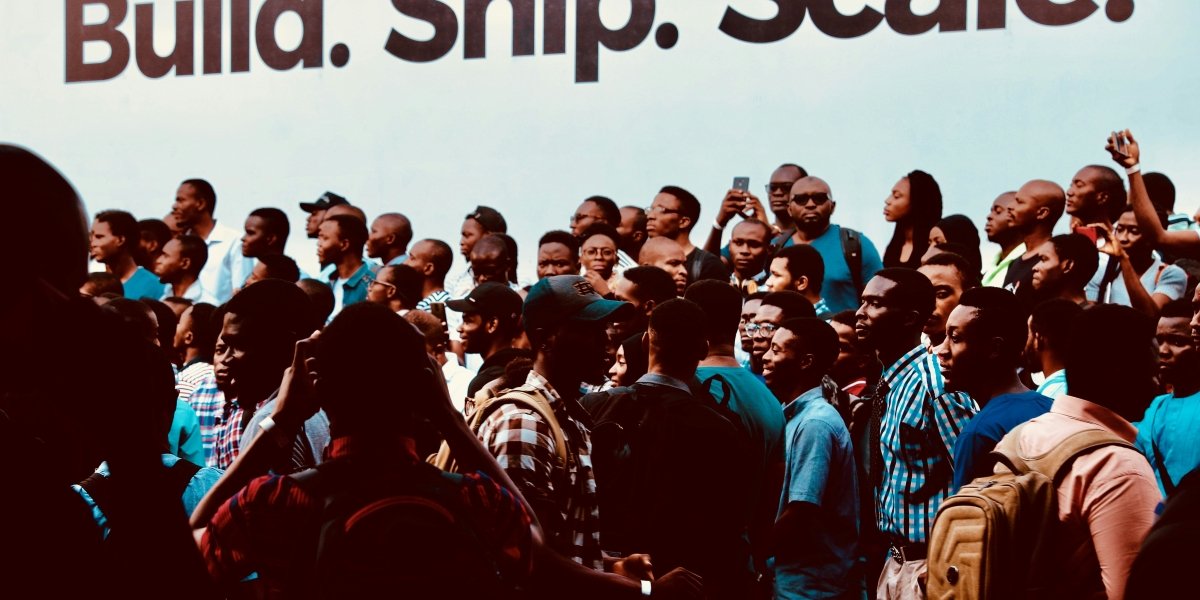Hip-hop began as a voice for the unheard. From street corners in the Bronx to stages across the globe, this cultural force has transformed music, fashion, language, and identity. What started as a neighborhood movement now holds influence across continents. The story of hip-hop is more than a timeline of beats and rhymes—it’s a living narrative of resistance, innovation, and expression.
Where Did Hip-Hop Begin?
The roots of hip-hop can be traced back to the 1970s in the South Bronx of New York City. At the time, the area was facing severe economic decline, gang violence, and social neglect. Yet amid the rubble, creativity flourished. Block parties became safe spaces where DJs, MCs, dancers, and graffiti artists expressed themselves in ways that would eventually shape a global phenomenon.
DJ Kool Herc is widely credited with laying the foundation of hip-hop. By isolating and extending the instrumental breaks in funk and soul records, he allowed dancers—known as B-boys and B-girls—to showcase their moves. This technique, called the “breakbeat,” became the heartbeat of early hip-hop. Alongside Herc, figures like Afrika Bambaataa and Grandmaster Flash pushed the movement forward, each bringing their unique sound and energy.
How Did Hip-Hop Expand Beyond Music?
While music formed the core, hip-hop always existed as a four-element culture: MCing (rapping), DJing, breakdancing, and graffiti art. These elements gave youth a way to express identity, frustrations, and dreams. As the movement gained visibility in the late 70s and early 80s, it spread across neighborhoods, cities, and eventually nations.
In the 1980s, hip-hop moved from parks to record stores. Artists like Run-DMC, LL Cool J, and Public Enemy brought raw street stories to mainstream audiences. They weren’t just entertainers—they were messengers. Hip-hop became a lens through which society could be questioned, celebrated, or challenged.
At the same time, hip-hop fashion—tracksuits, gold chains, sneakers—emerged as a statement of pride and personal style. Slang rooted in hip-hop started appearing in everyday conversations, further proving that this was more than just music—it was a full-fledged cultural shift.
What Role Has Hip-Hop Played in Social Movements?
Hip-hop has always been deeply connected to social commentary. From the start, it gave voice to communities ignored by politicians and misrepresented by media. Through storytelling, artists could address issues like racism, poverty, police brutality, and inequality.
In the 1990s, groups like N.W.A. spotlighted the realities of life in Compton, while artists such as Tupac Shakur and Nas captured the emotional and psychological weight of growing up in America’s inner cities. These artists didn’t create controversy for its own sake—they used their platform to reflect what they saw and felt.
More recently, hip-hop has remained at the forefront of social justice conversations. Songs and performances often support movements like Black Lives Matter, standing as powerful reminders that hip-hop still holds space for protest and progress. Whether on the radio, in protests, or on social media, hip-hop continues to be a tool for truth-telling and change.
How Has Hip-Hop Influenced the World?
Today, hip-hop reaches far beyond the Bronx. Its impact is visible in nearly every country on earth. Local scenes have taken the core values of hip-hop and blended them with their own traditions, giving rise to global expressions of the genre.
In countries like France, South Korea, Brazil, and South Africa, hip-hop has found a home in different languages, styles, and rhythms. These artists carry forward the spirit of innovation and resistance, showing that hip-hop adapts while staying rooted in its origins.
Brands, television, film, and advertising also borrow heavily from hip-hop culture. Major companies often align themselves with hip-hop artists to reach younger, diverse audiences. What was once seen as rebellious or underground is now a mainstream cultural engine.
Yet for many, hip-hop’s true value lies not in charts or sales, but in its ability to inspire confidence, pride, and awareness. It reminds listeners they are not alone. It teaches storytelling as survival. It gives rhythm to truth.
Why Does Hip-Hop Still Matter Today?
Hip-hop is more than music—it’s a mirror and a megaphone. It reflects what’s happening in the world and amplifies the voices that need to be heard. In a time where authenticity is rare and systems often fail, hip-hop offers both representation and resistance.
New generations continue to reshape the genre. Artists now blend hip-hop with pop, rock, R&B, and electronic sounds. The rise of digital platforms has made it easier for independent voices to break through, keeping the culture fresh and decentralized.
Still, the core of hip-hop remains unchanged: truth, creativity, and expression. These qualities are why hip-hop endures and why it will always matter—not just in music, but in how we see ourselves and understand the world.








